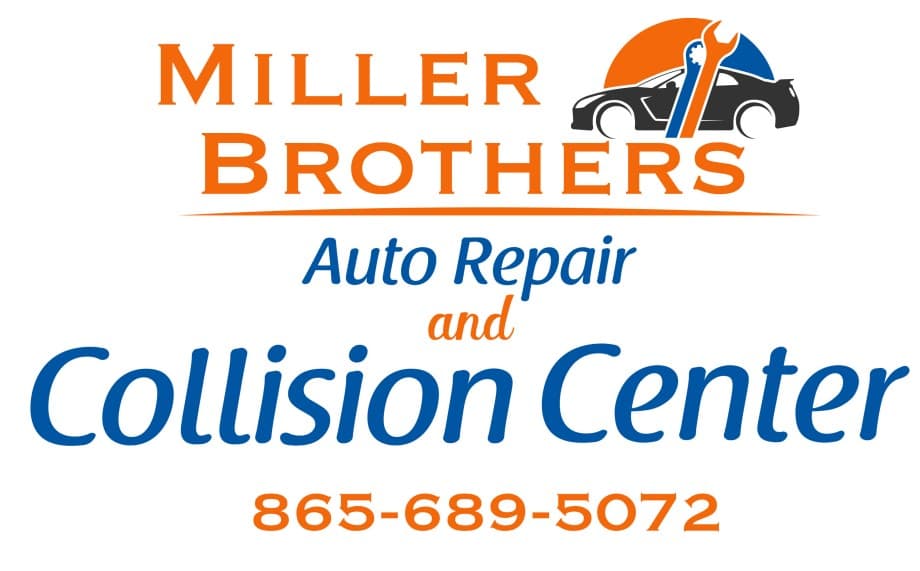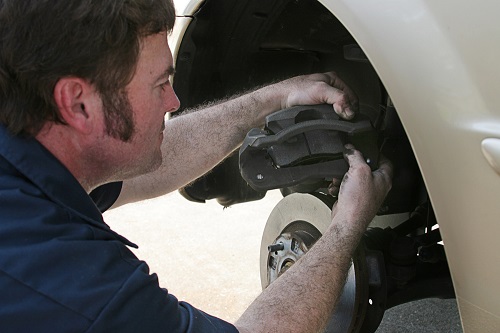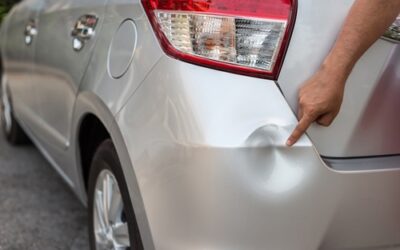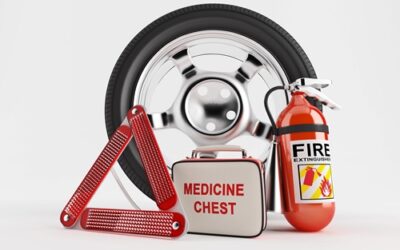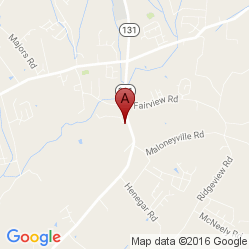Brake pads stop your car by pressing against the brake disc or brake drum. These are the four signs that you should be looking for to determine if your brake pads need to be replaced.
Here are four signs you should replace your brake pads
Breaking sounds
You should hear loud, squealing noises while braking. This is your brake pad wear indicator. It means it is time for you to replace your brake pads. To confirm, you should speak to your mechanic or have an auto mechanic inspect your brakes.
Breaking makes grinding sounds
If your brake pads make grinding sounds when you brake, your pads are likely worn down. Your brake rotors and calipers may be rubbing together. You may also need to replace your brake pads.
Brake pedal or steering wheel shaking
Warped rotors could cause shaking in your steering wheel or brake pedal when you brake. While warped rotors may be machined or “turned”, replacing them with new pads is best.
Brake warning light
The dashboard brake indicator light will turn on if the hydraulic fluid (brake liquid) in the mastercylinder is low or the parking brake has been engaged. Your brakes may fail if your car has too much brake fluid. To confirm, consult your mechanic. A trustworthy auto shop can inspect your brake system.
What are Brake Pads?
Brake pads are made of flat steel pieces with a thick friction layer. This layer varies depending on the vehicle’s size and type. The brake pads are an integral part of a vehicle. They apply friction and pressure to the brake wheels behind the wheels to stop and slow down the car.
Brake pads are subject to extreme stress when a vehicle is slowed down or stopped. The friction between the brake pads and the single-disc disc rotor generates a lot heat.
How do brake pads work?
Brake pads press against the vehicle’s rotors, causing friction to stop and slow down the vehicle. Brake pads are an integral part of an interconnected system, which relies on each component for its success and safety.
A cylinder is activated when one presses down on the brake pedal. It sends brake fluid through the hoses and to the calipers.
- The brake pads are engaged by the calipers.
- The pads apply friction and pressure to the rotors connected to each vehicle’s wheel.
- The friction and pressure cause the vehicle to slow down or stop.
- The fluid returns to the hoses when the brake pedal is depressed.
- What are the types of brake pads available?
The right brake pads will ensure that you are safe on the roads. These are the four types of brake pads you should consider:
Organic brake pads
Organic pads are also known as non-asbestos brake pads. They use natural materials such as rubber, glass, resins, and other materials to withstand heat and bond the materials. Kevlar is used in many organic brake pads as it doesn’t pollute and can be disposed of easily.
Organic brake pads are more comfortable than other types of pads. Organic pads can be worn faster than other materials, so they are not recommended for heavy vehicles. Smaller cars that don’t require aggressive driving are better suited to organic brake pads.
Ceramic brake pads
Ceramic brake pads are light and provide excellent braking performance. They can be made with filler material, ceramic fibers and bonding agents. These parts help maintain the vehicle’s performance by dissipating heat after repeated stops.
Ceramic brake pads create dust that is lighter in color and doesn’t stick to the wheels. They are however not suitable for all vehicle types and can be expensive. These pads can be used on sports cars and other vehicles that are not regularly driven.
Metallic and Semi-metallic brake pads
Metallic pads are made of copper, iron and steel mixed with graphite and bonded together to make the pad material. They are cost-effective and durable, so they are found in most cars today. They are excellent at transferring friction-generated heat to the brake rotors.
Metallic brake pads, however, are very heavy and best used when they are warm. These brake pads are essential for heavy vehicles, such as trucks.
Semi-metallic brake pads contain 30% to 60% of metal components, including wire, copper, steel wool, and other materials. For better durability, they are molded into pre-determined shapes and baked in a furnace.
Semi-metallic brake pads have several advantages, including their durability, resistance to heat and lower wear than other pads. These brake pads are ideal for race cars with high performance.
What Characteristics Should You Consider When Choosing Brake Pad Materials?
These are some essential features to keep in mind when choosing brake pad materials
- High temperatures can cause brake fade due to the conversion of kinetic energy to thermal energy.
- The impact of moisture on the brake pads.
- The ability of the brake pad to recover from higher temperatures or moisture.
- The ability of the brake pad to resist wear from friction.
- The ability of the pad to contact the drum or rotor of the vehicle in an even and smooth manner
- The ability of the brake pad to apply sufficient frictional force during operation.
- The friction coefficient of the brake pad stops wheels from locking and provides enough stopping power.
- The ability of the pad to compress and be porous, which helps prevent moisture from affecting its friction coefficient.
- How often should one have brake pads checked?
Your brake pads should be checked every five months or 5,000 miles. The manufacturer’s guidelines for your vehicle will provide a recommendation. If you are hearing squeaking or grinding, contact Miller Brothers Transmission Auto Repair and Body Shop for a quote.
Conclusion
Because they slow vehicles down, brake parts are an important part of a vehicle’s braking system. It is crucial to have them checked and repaired promptly to ensure the smooth operation of your vehicle.
Visit a reliable auto shop to have your brakes inspected and repaired. We can provide a quote in minutes. You can pick a time and date that suits you best, as our technicians will come to you.
Call Miller Brothers Transmission Auto Repair and Body Shop now if you need help in fixing or maintaining your car.
Like our Facebook page for more great info about auto services.
Miller Brothers Transmission Auto Repair and Body Shop
7123 Tazewell Pike
Corryton, TN 37721
(865) 689-5072
https://www.millerbrosautorepair.com/
Serving Knoxville, TN and Knox County
Service areas include: All of Knox County, Corryton, Fountain City, Halls Crossroads, Powell and Knoxville
